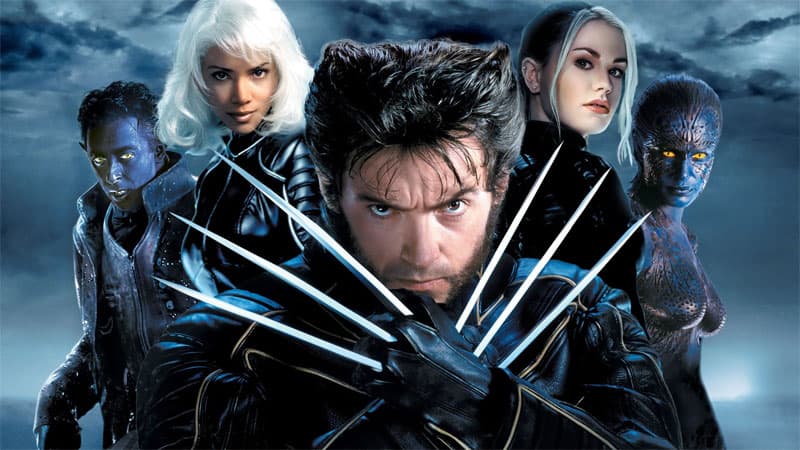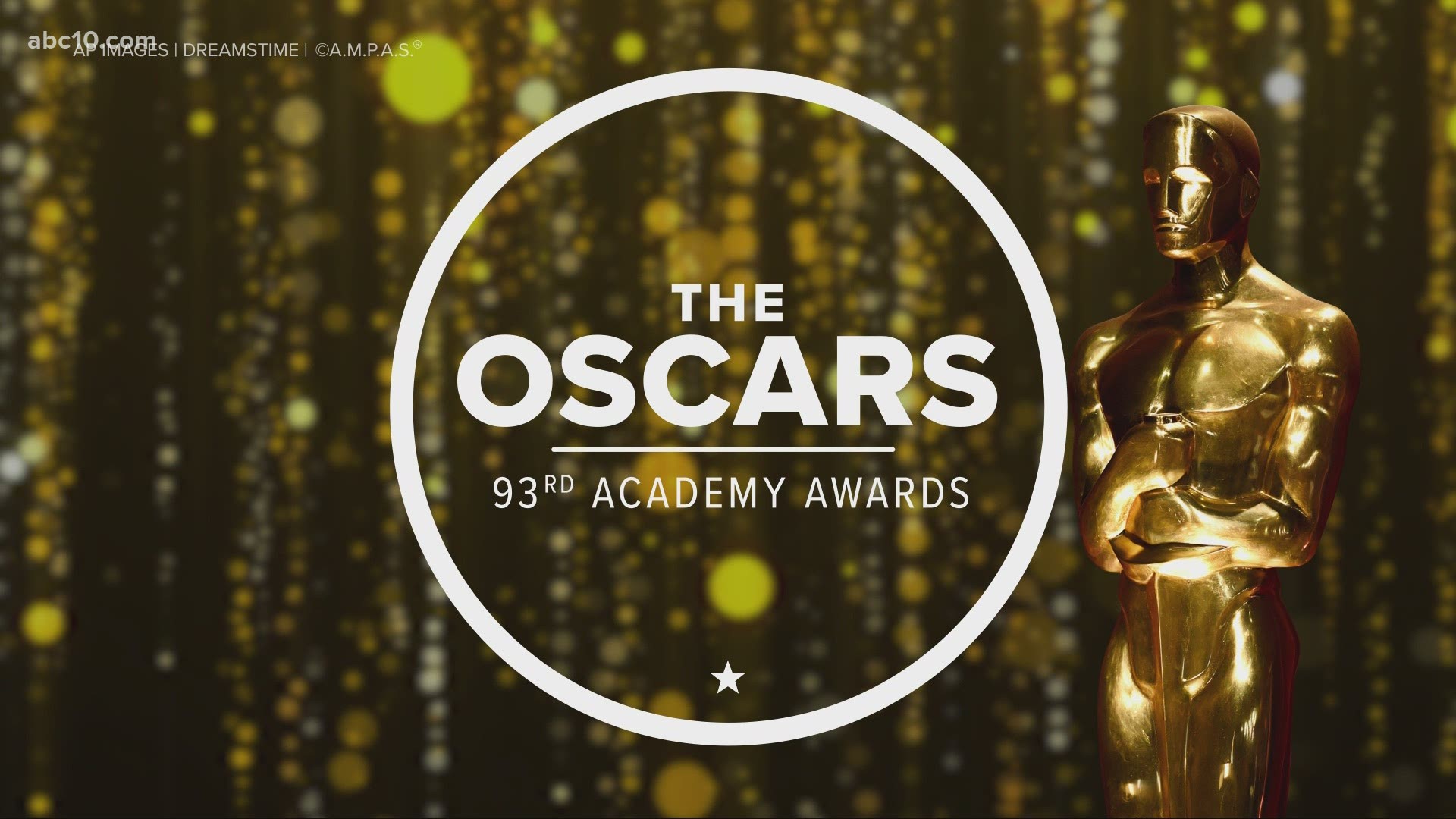By Fiona Meagher, Year 12
The X-Men have been seeing a resurgence in popularity since the success of Deadpool and Wolverine, the release of Disney+ series X-Men 97’ and the recent complete relaunch of the comics with the new era From The Ashes. The quality of their adaptation into film has varied wildly, and faded into relative irrelevance during the peak of MCU popularity. While many more enlightened consumers of superhero media have long since acknowledged the objective supremacy of the X-Men over most other Marvel teams and properties, the extent of its influence is seldom appreciated: in reality, the MCU never could’ve reached its enormous success without the X-Men.
Before the release of the first live-action X-men movie in 2000, the landscape of superhero films was wildly different. While a dozen varyingly successful movies had been released based on DC comics, notably the original Batman and Superman sagas (the former of which had a total of five Academy Award nominations and one win), Marvel had a total of two movies and one unreleased Fantastic Four adaptation under its belt. The MCU was 5 years away from even the beginning of its development, and the only attempts made by Marvel Comics at breaking into Hollywood were kickboxing vampire cult-classic Blade (1998) and Howard the Duck (1986), which follows the titular duck being propelled to earth from his native planet ‘Duckworld’; it is commonly considered to be one of the worst films ever made. Superhero movies were rarely top performers in the box office, and even DC movies had lost any kind of critical respect with the failure of Batman and Robin, which effectively killed the previously well-received Batman franchise. Comic book movies in general were met with even more distaste than in the current, post-Avengers era of superhero fatigue.
Less than twenty years later, Marvel was completely dominating the film industry. Every Avengers movie currently charts in the twenty highest-grossing films of all time, with Avengers: Endgame (2019) placing second only to Avatar. The Marvel Cinematic Universe’s cultural influence is undeniable: before Avengers (2012), the idea of a shared universe of movies was virtually unheard of in Hollywood, and has since been replicated across studios and genres. Even outside of the MCU, Marvel properties such as Spiderman, Deadpool and the Fantastic Four have seen huge success as Hollywood blockbusters. But before the MCU, before Marvel was Disney and even before Iron Man, there was the nearly-forgotten, 20th-Century-Fox-owned X-Men franchise.
X-Men (2000)
Odds were stacked against an X-Men movie. A screenplay was first written in 1984 for Orion Pictures by two chief editors and writers for Marvel Comics. Following financial troubles faced by the studio, the movie was passed around back and forth for more than a decade between different studios, numerous writers, directors and producers including James Cameron, who decided to pursue a Spider-Man movie instead. In the words of longtime Uncanny X-Men writer Chris Claremont, famed for his 16-year run on the series and essentially credited for the success of the X-Men comics: “Then Stan (Lee) and (James) Cameron started talking Spider-Man, and the X-Men idea went up in flames.” Numerous drafts and film treatments were submitted with drastically different plots- varying from a movie focused on team dynamics without a concretely introduced villain, to one about Magneto being responsible for the Chernobyl disaster. 20th Century Fox only agreed to purchase the film rights in 1994 after the success of X-Men: The Animated Series. It wasn’t until 1996 when the final director and writer took on their roles: Bryan Singer and Ed Solomon, the latter eventually having his name removed from the film due to the studio’s “torturous process”.
However, even despite the revolving door of co-writers signing on, by 1998 the script was still being struggled over to the point that Claremont, only recently having returned to Marvel, had to send Fox a four-page-long memo (currently kept at Columbia University’s Rare Book and Manuscript Library) describing what set the X-Men apart from other superhero teams and the core concepts of the franchise. This shaped the final film treatment, submitted in late 1998, which highlighted the more serious themes prevalent in the comics. The film also faced severe budget cuts, causing many central characters such as Beast and Nightcrawler, who would require more significant prosthetics, make-up or effects to include, to be cut out from the film. Both were introduced later on in the franchise. This only added to the list of countless rewrites plaguing the production of X-Men.
In its final form, the film follows a group of people born with genetic mutations, giving them unique superpowers and isolating them from the rest of humanity that mostly hates and fears them. The two protagonists, Wolverine and Rogue, meet and join the X-Men, a team consisting of Professor X, Jean Grey, Cyclops and Storm, to fight the occasionally genocidal supervillain Magneto and his ‘Brotherhood of Evil Mutants’, as well as the threat of severe political discrimination towards them as a whole.
Originally, the X-Men was born out of the civil rights movement, but has come to represent political oppression more generally and the fight of minorities for acceptance. Professor X and Magneto’s dynamic is said to have intentionally paralleled Martin Luther King Jr and Malcom X. Comic and movie antagonist Senator Kelly, an anti-mutant politician championing the Registration Bill, makes a claim that he has a list of all living mutants in the United States, referencing a similar claim by Senator Joseph McCarthy about communists during the Second Red Scare.
The opening scene features Magneto being tragically torn away from his family in Auschwitz in 1944 Poland. The film immediately begins with a sort of brutal layer of nuance: the audience immediately understands the longtime villain as complex and having comprehensible intentions, more than can be said for a majority of moustache-twirling supervillains. Mutants are persecuted, feared and discriminated against by the rest of humanity throughout the film, with one of the film’s main conflicts being a proposed “mutant registration bill”. Christopher McQuarrie, who wrote the opening scene, stated that “The movies I’ve worked on, like X-Men or The Wolverine, you have to tether them to — no matter how fantastic they are — you have to make sure they exist in a very real world,” This is what truly set the X-Men apart from other superhero films of the time, both those silly and madcap like Batman and Robin and those violent and bloody like Blade. The film and its subsequent sequels aren’t short of silly or over the top moments, (such as Storm’s iconic line towards the supervillain named Toad, being: “You know what happens to a toad when it’s struck by lightning? Same thing that happens to everything else.” She then promptly strikes him with lightning. Pure cinema.) but the conflict is rooted in real human struggles. Despite the flashy costumes, bad CGI and superpowers, the movie is about systematic discrimination and social isolation, which intrinsically connects to audiences. It’s dark in that it centres on real-world bigotry and fear as opposed to excessive violence and brooding, as is the case in many comic book movies branded as ‘dark’.
This in no way makes X-Men high art or literature: at its very best, comics or TV or otherwise, it’s a cartoonish, superpowered soap opera with corny villains, funky costumes and overly literal superhero names. But it maintains enough grounded, emotional resonance to essentially revive a dead and desecrated genre, and create a community for those oppressed and set aside by society; that matters. It’ll never win a Nobel, it’ll most probably never see an Oscar, but it does matter all the same.
It was eventually released in July of 2000, seeing major box office success and positive critical reception, currently having an 82% score on review aggregator Rotten Tomatoes. It grossed a total of $296.3 million, and at the time of its release, saw the sixth biggest opening of all time. The emergence of the superhero film genre can be largely attributed to this success- beyond its commercial success, it provided an example of a superhero film grounded in real-world conflict, helping to positively shift public view towards comic book movies. Chris Claremont, evidently this writer’s personal hero, said it best: “The success of X-Men paved the way, I have to presume, for Sony to make Sam Raimi’s Spider-Man. That in turn gave Marvel and [now Marvel president Kevin Feige] the chops to go out with Iron Man.”



